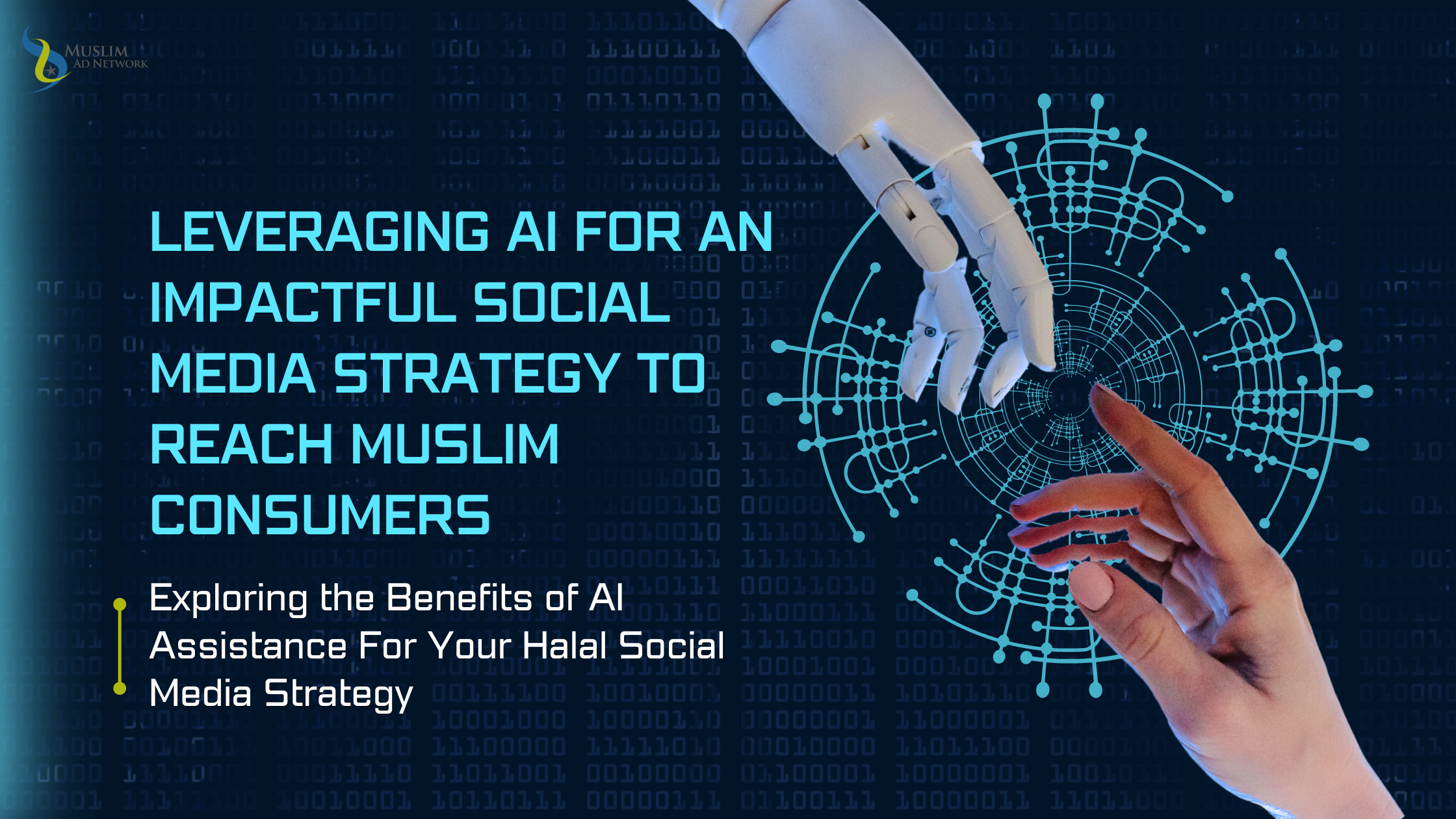
In today’s digital age, social media has become an indispensable tool for businesses seeking to connect with diverse audiences. For halal brands and mainstream companies aiming to engage with Muslim consumers, understanding this audience’s unique preferences and cultural sensitivities is paramount. Fortunately, advancements in artificial intelligence (AI) offer invaluable opportunities to tailor social media strategies effectively. By harnessing the power of AI, you can create personalized, culturally relevant content that resonates with Muslim audiences, ultimately driving engagement and fostering meaningful connections.
Understanding the Muslim Consumer Landscape
Before delving into AI-powered strategies, it’s essential to gain insights into the preferences and behaviors of Muslim consumers. With over 1.8 billion Muslims worldwide, this demographic represents a significant market segment with distinct cultural nuances. From halal products and services to religious holidays and traditions, understanding these aspects is crucial for developing authentic and respectful marketing campaigns.
Leveraging AI Insights and Halal Advertising Trends
Recent studies, such as those highlighted in our previous blogs, shed light on the evolving landscape of social media advertising aimed at Muslim consumers. For instance, the article “Social Media Decline in Halal Ads” underlines the importance of adapting advertising strategies to changing consumer behaviors and preferences. By staying informed about such trends, businesses can adjust their approaches accordingly, ensuring that their campaigns remain relevant and effective.
Harnessing AI for Personalized Halal Content
AI tools tailored for halal businesses, as discussed in the article “AI Tools for Halal Business,” offer invaluable resources for crafting personalized content that aligns with Islamic principles. These tools enable businesses to navigate the complexities of halal certification, ingredient sourcing, and marketing ethics, ensuring that their products and messaging resonate authentically with Muslim consumers. By integrating AI into your content creation processes, you can streamline operations and deliver compelling, culturally sensitive content that resonates with your target audience.
Ethical Considerations in AI Advertising
Ethical considerations play a crucial role in AI-driven advertising, particularly concerning cultural sensitivities and religious values. The articles “Islam and Ethics of AI Advertising: Part 1” and “Part 2″ delve into the ethical implications of AI technologies in advertising within the context of Islamic principles. These discussions highlight the importance of transparency, accountability, and respect for consumer privacy in AI-powered marketing campaigns targeting Muslim audiences. By adhering to ethical guidelines and principles, you can build trust and credibility with your audience, fostering long-term relationships based on mutual respect and integrity.
Conclusion
Incorporating AI into your social media strategy offers numerous benefits for engaging with Muslim consumers effectively. By leveraging AI-driven analytics, personalization, chatbots, and reputation management tools, businesses can create meaningful connections, drive engagement, and foster brand loyalty within this diverse and dynamic demographic. As technology continues to evolve, embracing AI-enabled strategies will be essential for staying competitive and relevant in the ever-changing landscape of social media marketing. Additionally, staying informed about halal advertising trends and adhering to ethical guidelines ensures that businesses approach their campaigns with sensitivity and integrity, ultimately fostering stronger connections with Muslim consumers.
For more information on how we can help you connect to over 250 million Muslims today, contact Muslim Ad Network.
